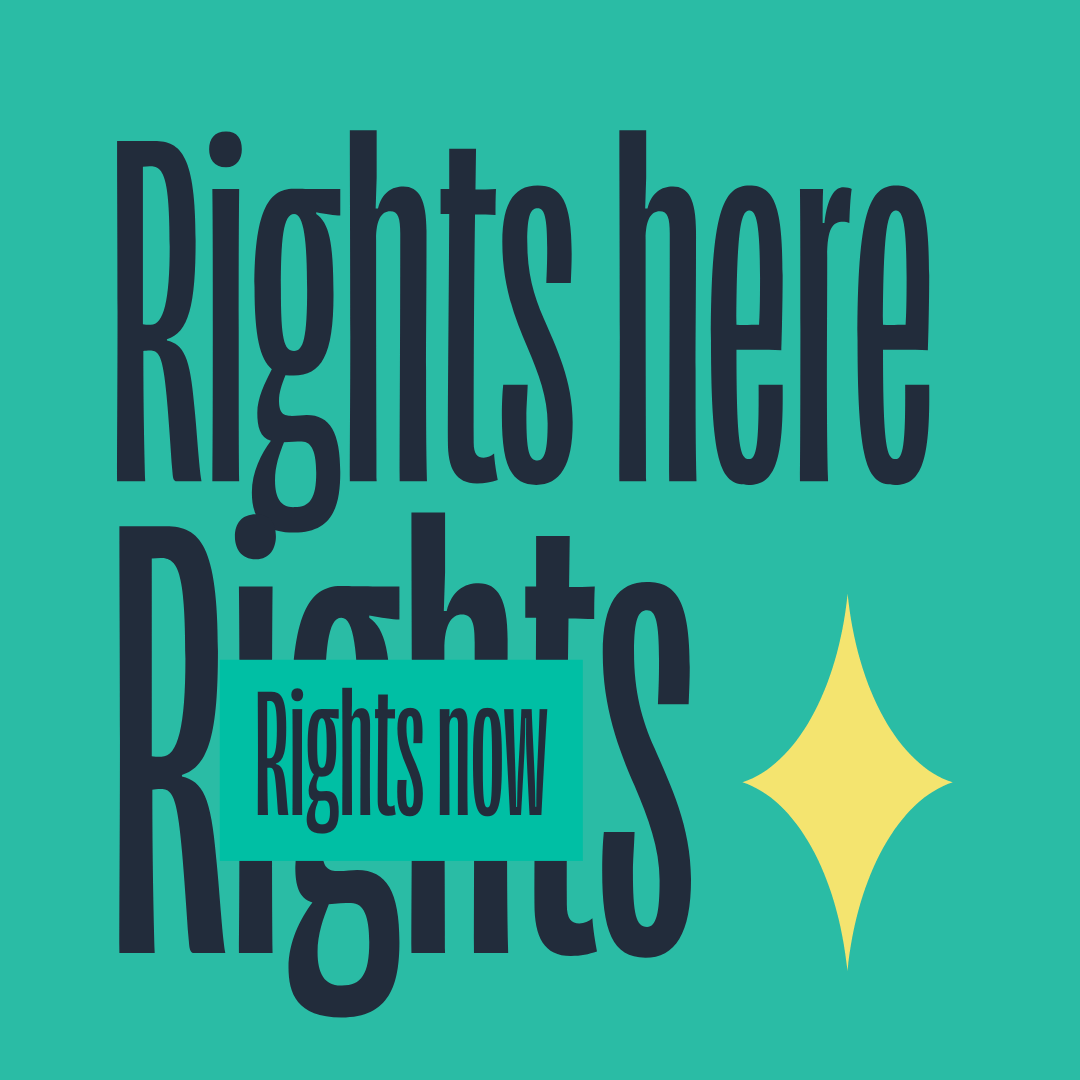Laws that are supposed to make our workplaces fair are failing to protect young women – so rogue employers are getting away with illegal behaviour, while young women are the ones that face the consequences.
We spoke to four young women who are members of our campaign (Rights Here, Rights Now) project group about how this lack of enforcement impacts their pay, their wellbeing and their long‑term prospects.
Staying silent: how improperly enforced rights can affect careers.
Saffron explains:
“Without rights at work – or when we’re too afraid or just don’t have the space to speak up – unsafe workplace environments are created where power is exploited. We’re forced to put up with things like low pay and insecure contracts… if we speak up, we risk being ‘blacklisted,’ labelled ‘difficult,’ or pushed out.”
Echoing that, Mia says:
“We often end up taking jobs with fewer responsibilities, not because we lack ambition or ability, but because we’re desperate for stability. We’re paid less and stuck in roles far below our potential.”
And Zarka adds:
“Women begin from a place of disadvantage and on an unequal footing and therefore progress slower than our male counterparts. This reinforces the gender pay gap and inhibits our potential.”
When young women feel they cannot access basic rights, they self‑censor, accept under‑employment and miss out on promotions or training that could advance their careers.
The emotional toll
For many, stress seeps beyond the workplace. Saffron describes:
“It’s exhausting and isolating… you begin to fear every shift. You end up looking forward to the end of every shift and just ‘getting through it.’”
Firdaus said:
“It feels like your voice doesn’t matter. Like no one’s really listening. It drains your motivation and makes you feel stuck.”
And Mia warns how silence at work can damage life at home:
“When our rights at work are ignored, we internalise that treatment. That loss of self‑worth follows us home and some of us accept poor treatment in our personal lives too.”
Unchecked rights violations erode young women’s mental health, undermine self‑esteem and leave young women anxious about every shift, chipping away at confidence they need to thrive.
What needs to change
All the young women call for practical reforms:
“Our rights should be explained from day one, in plain language and unions introduced immediately,” says Mia.
“We need quicker, safer and more accessible ways to report issues. Plus protection from retaliation,” Saffron adds.
“Policies must reflect how power shows up for women who are young, Black, working class or disabled,” stresses Firdaus.
“Focus on sector‑specific challenges and multilayered identities – class, caring responsibilities, mental health – so protections work for everyone,” suggests Zarka.
Let’s make our laws work in practice, not just on paper. We can achieve this – with proper funding for enforcement of the law, better information for young women about their rights and protection for those who speak up.
If you’re passionate about young women’s rights, add your name to show you stand with young women.

